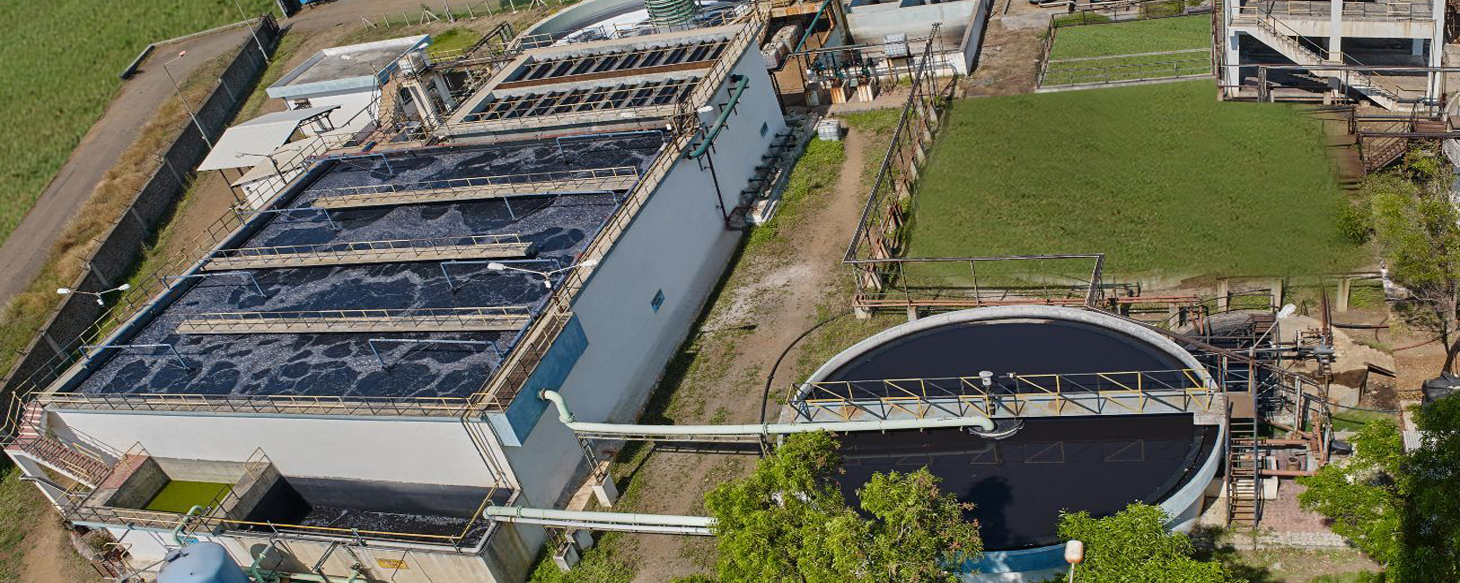Effluent Treatment Plant (ETP)
An Effluent Treatment Plant (ETP) is a specialized facility designed to treat industrial wastewater (effluent) to remove pollutants and harmful substances before discharge into the environment or municipal sewer systems. The treatment process includes physical, chemical, and biological methods to reduce contaminants such as heavy metals, oils, suspended solids, and toxic chemicals, ensuring the treated water meets regulatory standards. ETPs play a crucial role in minimizing environmental pollution, protecting water bodies, and enabling industries to comply with environmental laws while promoting sustainable waste management practices.

